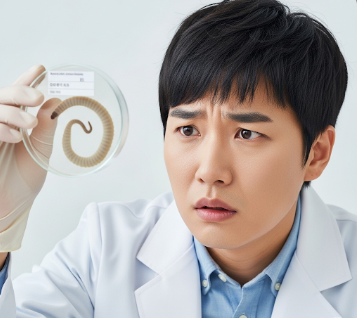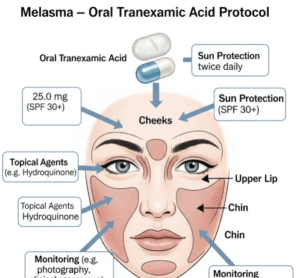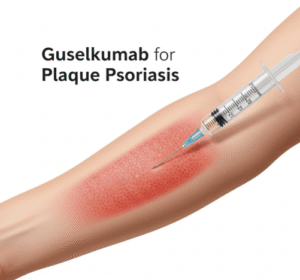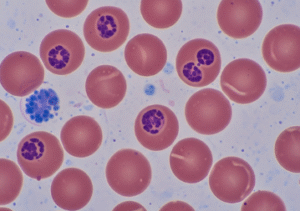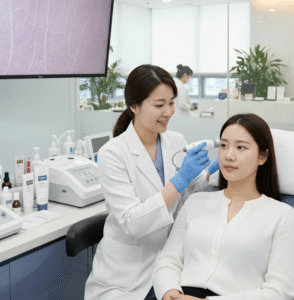Overview
Roundworm infection, medically known as ascariasis, is a common intestinal parasitic infection caused by the nematode Ascaris lumbricoides. It affects both children and adults and is more prevalent in regions with poor sanitation or contaminated food and water.
In Korea, roundworm infections are relatively rare due to high hygiene standards, but sporadic cases may occur, particularly in travelers or imported food. Early diagnosis and treatment are essential to prevent complications like intestinal blockage or malnutrition.
➤ Usually affects the intestines but can migrate to other organs
➤ Often asymptomatic initially
➤ Can cause digestive issues, growth problems, or respiratory symptoms
➤ Diagnosis requires stool examination, blood tests, or imaging in severe cases
Key Facts
➤ Caused by the roundworm Ascaris lumbricoides
➤ Transmitted via ingestion of eggs from contaminated soil, water, or food
➤ Common in children due to poor hand hygiene
➤ May lead to intestinal obstruction, malnutrition, or respiratory complications if untreated
➤ Treatment is effective with antiparasitic medications
What is Roundworm Infection?
Roundworm infection occurs when eggs from contaminated sources are ingested. The eggs hatch in the intestines, and larvae can migrate through the lungs before returning to the intestines to mature into adult worms.
Adult worms may live in the intestines for 1–2 years, causing symptoms ranging from mild digestive discomfort to severe intestinal obstruction or malnutrition, especially in children.
What Symptoms Are Related To
Symptoms depend on worm burden and migration stage:
➤ Abdominal pain, bloating, or cramping
➤ Nausea and vomiting
➤ Diarrhea or constipation
➤ Loss of appetite or unexplained weight loss
➤ Cough, wheezing, or shortness of breath (larval migration through lungs)
➤ Visible worms in stool or vomit in severe cases
➤ Fatigue or poor growth in chronic infections
What Causes / Possible Causes
Primary cause: ingestion of Ascaris lumbricoides eggs. Contributing factors include:
➤ Contaminated soil – often from improperly disposed human feces
➤ Contaminated food or water – unwashed vegetables, raw produce
➤ Poor hand hygiene – common in children playing outdoors
➤ Travel to endemic areas – tropical or subtropical regions
➤ Immunocompromised individuals – more prone to severe infections
When Should I See My Doctor
Seek medical attention if:
➤ Persistent abdominal pain or bloating
➤ Vomiting or diarrhea that does not improve
➤ Visible worms in stool or vomit
➤ Respiratory symptoms (cough, wheezing) without clear cause
➤ Poor growth or fatigue in children
➤ Suspected intestinal obstruction – severe abdominal pain, distension, vomiting, or inability to pass stool
⚠️ Early diagnosis prevents serious complications like intestinal blockage, pancreatitis, or malnutrition.
Care and Treatment
Medical Treatments
➤ Antiparasitic medications – albendazole, mebendazole, or ivermectin
➤ Repeat dosing may be needed to ensure complete eradication
➤ Treatment of family members if multiple infections are suspected
➤ Supportive care – hydration, nutritional support for affected children
Preventive Measures
➤ Handwashing with soap before meals and after playing outdoors
➤ Thoroughly washing and cooking vegetables and fruits
➤ Safe disposal of human waste
➤ Regular deworming in children in endemic areas
Treatment Options in Korea
Although roundworm infections are uncommon in Korea, healthcare facilities provide diagnostic and treatment services:
➤ Diagnostics
➤ Stool examination for eggs and larvae
➤ Blood tests to check for eosinophilia or secondary infections
➤ Imaging (X-ray, ultrasound) in case of intestinal obstruction
➤ Treatment Approaches
➤ Prescription antiparasitic medications
➤ Follow-up stool tests to confirm eradication
➤ Nutritional counseling for children with growth delays
➤ Education on hygiene and preventive measures
➤ Top Hospitals & Clinics in Korea
➤ Seoul National University Hospital – Pediatric and adult parasitology care
➤ Asan Medical Center – Infectious disease and gastrointestinal specialists
➤ Samsung Medical Center – Advanced diagnostics and treatment for parasitic infections
➤ Severance Hospital (Yonsei University) – Multidisciplinary management of infections
Final Thoughts
Roundworm infection is preventable and treatable, but early recognition is crucial, especially in children, to avoid malnutrition, growth delays, or intestinal complications.
In Korea, patients benefit from advanced diagnostics, effective medications, and comprehensive care, ensuring prompt treatment and recovery.
If you notice abdominal discomfort, digestive changes, or visible worms, consult a doctor promptly for evaluation and treatment.

